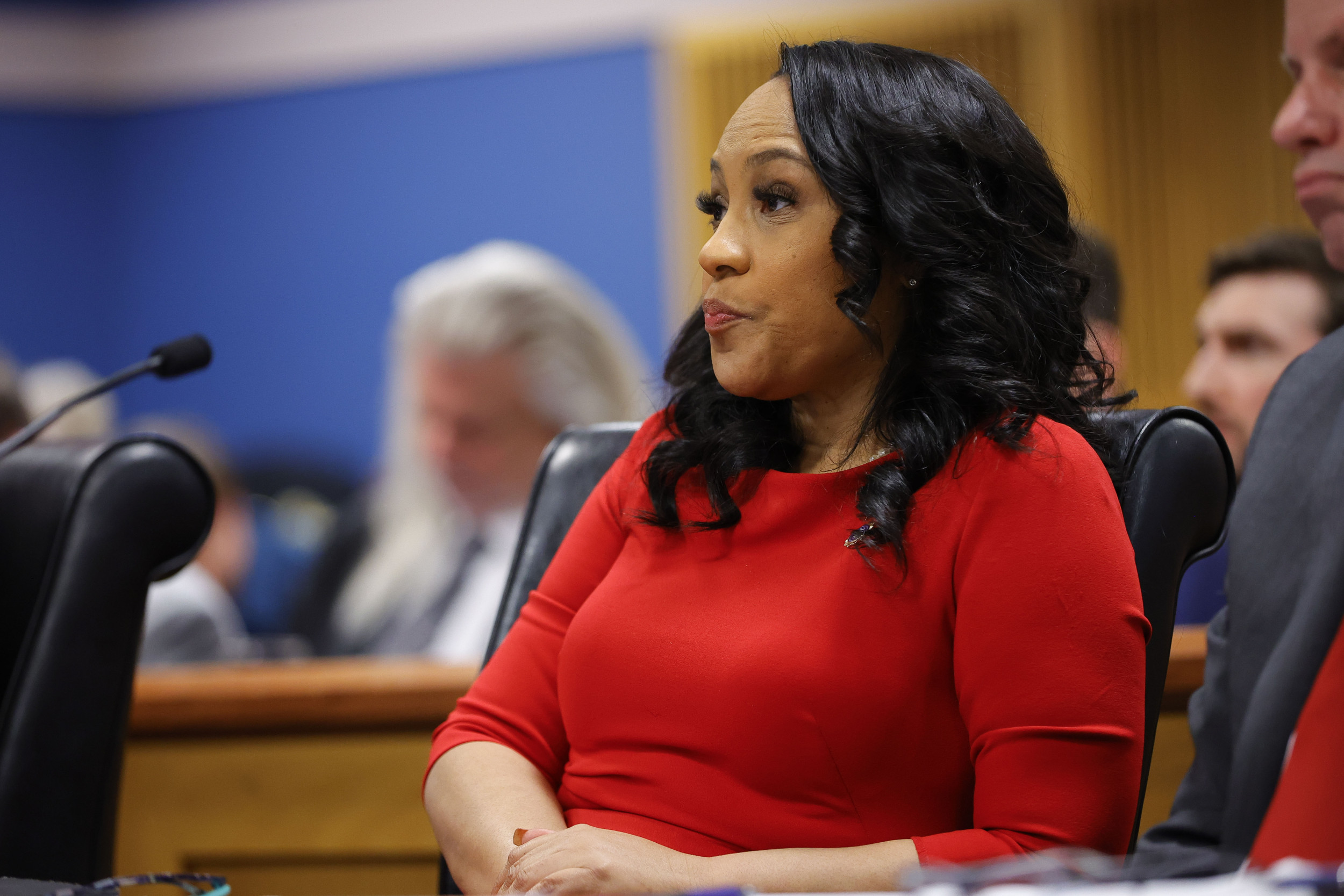Fish stocks in the North Atlantic could halve due to a "hidden vulnerability" involving the oceans' plankton, a study has found,
The new research published in Nature Communications found that when climate change causes just a 16 to 26 percent drop in plankton, the oceans' capacity for fish drops by 38 to 55 percent.
The researchers report that plankton is reducing due to a lack of nutrients in the water. As ocean temperatures rise, nutrients sink to deeper waters meaning there is less at the surface to ensure plankton growth. This leads to less food availability and foraging opportunities for fish that are caught commercially.
Plankton are organisms that provide an essential part of many marine food webs and phytoplankton provide food for a wide variety of sea creatures, including fish of many different types.
In the North Atlantic, plankton has declined over the past five decades, and this has largely been put down to the warming temperatures of the water. Phytoplankton, in particular, thrives at cooler temperatures, meaning its growth rate goes down when temperatures are warmer. While scientists already know that climate change is disrupting ocean plankton, the direct effect it is having on fish remains unclear.

Angus Atkinson of the Plymouth Marine Laboratory and Axel Rossberg of Queen Mary University in the United Kingdom, who led the research, came to their findings by analyzing field data on the size structure of plankton. By doing this, they were then able to see how it affected the efficiency of the wider food web.
They discovered that surprisingly, the temperature of the water only played a secondary role.
"Our global analysis sheds light on a hidden vulnerability," Atkinson said in a summary of the findings. "We were surprised to find temperature didn't directly affect food web efficiency. Instead, we see ecosystems adapting to warming by changing plankton size. This suggests the main threat comes from reduced nutrient supply, leading to smaller plankton, longer food chains, and inefficient foraging."
"Predicting the long-term fate of individual fish species is fiendishly difficult because of the complex networks of direct and indirect interactions that species form in ecological communities," Rossberg told Newsweek.
"Our study overcomes this problem by looking, rather than at individual species, at biomass within size classes (say, small phytoplankton, large phytoplankton, small zooplankton, large zooplankton, small fish, large fish), which makes our predictions much more robust."
In waters close to shore, for example, an excess of nutrients can cause harmful algal blooms that can be toxic to marine life.
"We were surprised by the clarity of the picture that emerged once we combined the best available data from both freshwater and marine ecosystems," Rossberg said.
However, in deeper waters, it's actually a lack of nutrients that is causing real problems. Fisheries need to start thinking about this and the effect climate change is having on stocks, the scientists urge.
"We had expected that water temperature would be the main direct driver on the efficiency of these food webs, as these direct temperature effects are included in many computer models," Atkinson said. "Instead, temperature seemed to have an indirect effect, in controlling inorganic nutrient supply and in turn the size structure and efficiency of the food web."
"We need a combination of data on plankton size structure and sophisticated computer simulation models to design truly 'climate-smart' ocean protection strategies," Rossberg added in a summary of the findings. "By understanding the hidden amplifiers within the food web, we can better safeguard the future of our oceans and the vital resources they provide."
Update 01/19/24, 8:57 a.m. ET: This article was updated with additional comment from Angus Atkinson and Axel Rossberg.
Do you have a tip on a science story that Newsweek should be covering? Do you have a question about plankton? Let us know via science@newsweek.com.
Uncommon Knowledge
Newsweek is committed to challenging conventional wisdom and finding connections in the search for common ground.
Newsweek is committed to challenging conventional wisdom and finding connections in the search for common ground.
About the writer
Robyn White is a Newsweek Nature Reporter based in London, UK. Her focus is reporting on wildlife, science and the ... Read more
To read how Newsweek uses AI as a newsroom tool, Click here.





